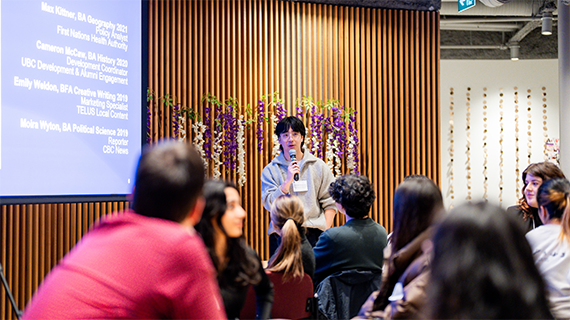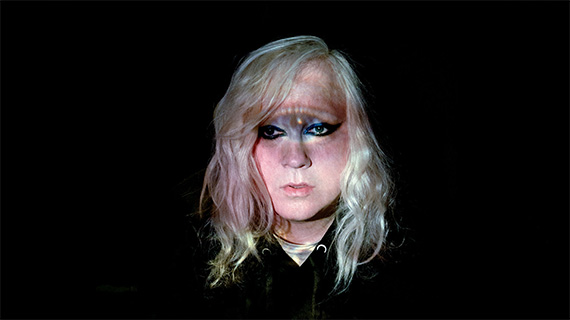

By Mary Leong
As over 2100 delegates from more than two hundred universities worldwide descend upon Vancouver for the World Model United Nations (WorldMUN) conference, this week has been a long time in the making. Nick Zarzycki, co-organizer of the original bid team, reflects on the process that brought WorldMUN to Vancouver over the past two years.
Zarzycki is a fourth-year student completing a degree in History with a minor in Economics and Commerce. In 2009, he had been a participant at the UBC Model United Nations (UBCMUN), along with Kenneth Chan. Several Facebook chats later, the pair had come up with the idea of bringing a similar conference of a far larger scale to UBC.
“We started imagining what it would be like to bring a conference of this size to UBC,” said Zarzycki. “Before we knew it, we were submitting a proposal to the VP Students office, saying we’d love to try to get this conference to UBC, and that was how it all started.”
Along the way, the bid team faced some hiccups. Hosting WorldMUN required enormous amounts of funding. Faced with much better-prepared competition in 2011, they lost the bid to Singapore. However, they picked up again, and successfully garnered the nomination to host the 2012 WorldMUN in Vancouver.
“We made a bid for the 2011 conference, which didn’t go as planned,” said Zarzycki, “We learned a lot during the first year. By the time we were ready for our second bid, we knew a lot more about the whole process.”
For Zarzycki, the WorldMUN bid process provided an opportunity to start a project and watch an idea grow into reality.
“Arts students are sometimes looked at as being in an ivory tower, thinking more about theory than application,” said Zarzycki. “During the WorldMUN bid process, I got a taste of both the theory and application that comes with dealing with groups of people and bringing their ideas into reality.”
Though Zarzycki is no longer involved with the WorldMUN project, he is pleased with how vastly it has grown. He also stresses that involvement does not have to come from organizations that exist on campus.
“Just because you look through the AMS agenda and there aren’t any clubs that you’re interested in, don’t feel like you’re limited to that. Start your own club or organization,” Zarzycki advises. “You have amazing resources at your fingertips, so don’t be afraid to embark on something challenging that could potentially change your education.”


